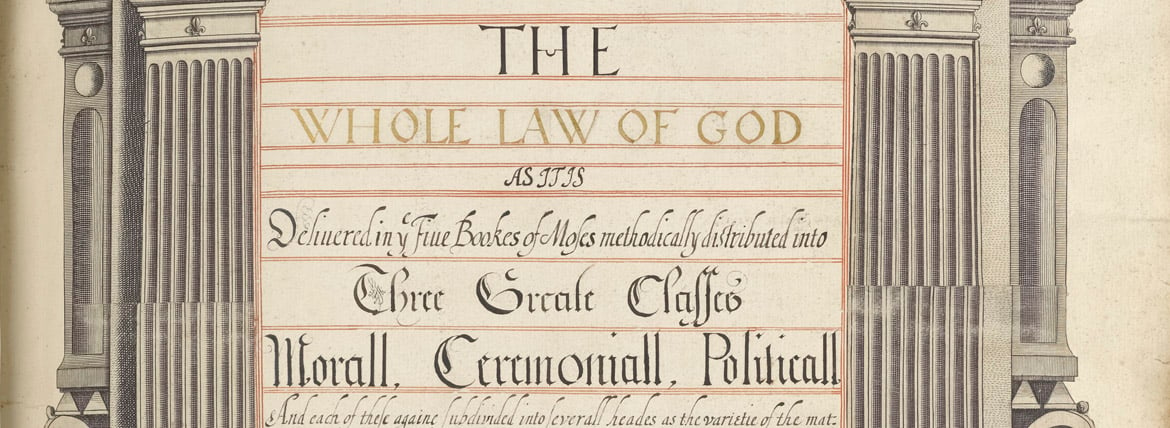
The Little Gidding Concordance
The story behind one of the treasures of the Royal Library
Further reading
Little Gidding concordances are also held at St John's College Library in Oxford, the Bodleian Library in Oxford, the British Library in London, and the Houghton Library, Harvard in Cambridge, Massachusetts. Papers including drafts and unfinished concordance pages are held in the Magdalen College Library in Cambridge. The volume held at Harvard has been fully digitised and made available online.
If you want to find out more about the community and their concordances, see the following:
Acland, J.E. 1903. Little Gidding and its inmates in the time of King Charles I. London : Society for Promoting Christian Knowledge.
Dyck, Paul. 2003. ‘”So rare a use”: scissors, reading, and devotion at Little Gidding.’ George Herbert Journal, vol.27 no.1-2, pp.67-81.
Dyck, Paul. 2008. ‘’A New kind of printing’: cutting and pasting a book for a king at Little Gidding.’ The Library: the transactions of the bibliographical society, vol.9 no.3, pp.306-333.
Henderson, George. 1982. ‘Bible illustration in the age of Laud.’ Transactions of the Cambridge bibliographical society, vol. 8 no.2, pp.173-216.
Muir, Lynette R. & John A. White, ed. 1996. Materials for the life of Nicholas Ferrar. Leeds : Leeds Philosophical and Literary Society Ltd.
Ransome, Joyce. 2005. ‘Monotessaron: the harmonies of Little Gidding.’ The Seventeenth Century, vol.20 no.1, pp. 22-52.
Ransome, Joyce. 2011. The Web of friendship : Nicholas Ferrar and Little Gidding. Cambridge : James Clarke & co.
Smyth, Adam. 2012. ‘”Shreds of holiness”: George Herbert, Little Gidding, and cutting up texts in Early Modern England.’ English Literary Renaissance, vol. 42 no.3, pp.452-481.




